A drug commonly used to treat glaucoma has been shown in zebrafish and mice to protect against the build-up in the brain of the protein tau, which causes various forms of dementia and is implicated in Alzheimer's disease.
A drug commonly used to treat glaucoma has been shown in zebrafish and mice to protect against the build-up in the brain of the protein tau, which causes various forms of dementia and is implicated in Alzheimer's disease.
Tauopathies are neurodegenerative diseases characterised by the build-up in the brain of tau protein 'aggregates' within nerve cells. These include forms of dementia, Pick's disease and progressive supranuclear palsy, where tau is believed to be the primary disease driver, and Alzheimer's disease and chronic traumatic encephalopathy , where tau build-up is one consequence of disease but results in degeneration of brain tissue.
Dr Ana Lopez Ramirez from the Cambridge Institute for Medical Research, Department of Physiology, Development and Neuroscience and the UK Dementia Research Institute at the University of Cambridge, joint first author, said:"Zebrafish provide a much more effective and realistic way of screening drug compounds than using cell cultures, which function quite differently to living organisms.
Analysis of the mouse brains showed that they indeed had fewer tau aggregates, and consequently a lesser reduction in brain cells, compared with the untreated mice. "This shows how we can use zebrafish to test whether existing drugs might be repurposed to tackle different diseases, potentially speeding up significantly the drug discovery process."
Pharmacology Diseases And Conditions HIV And AIDS Dementia Alzheimer's Huntington's Disease Disorders And Syndromes
United States Latest News, United States Headlines
Similar News:You can also read news stories similar to this one that we have collected from other news sources.
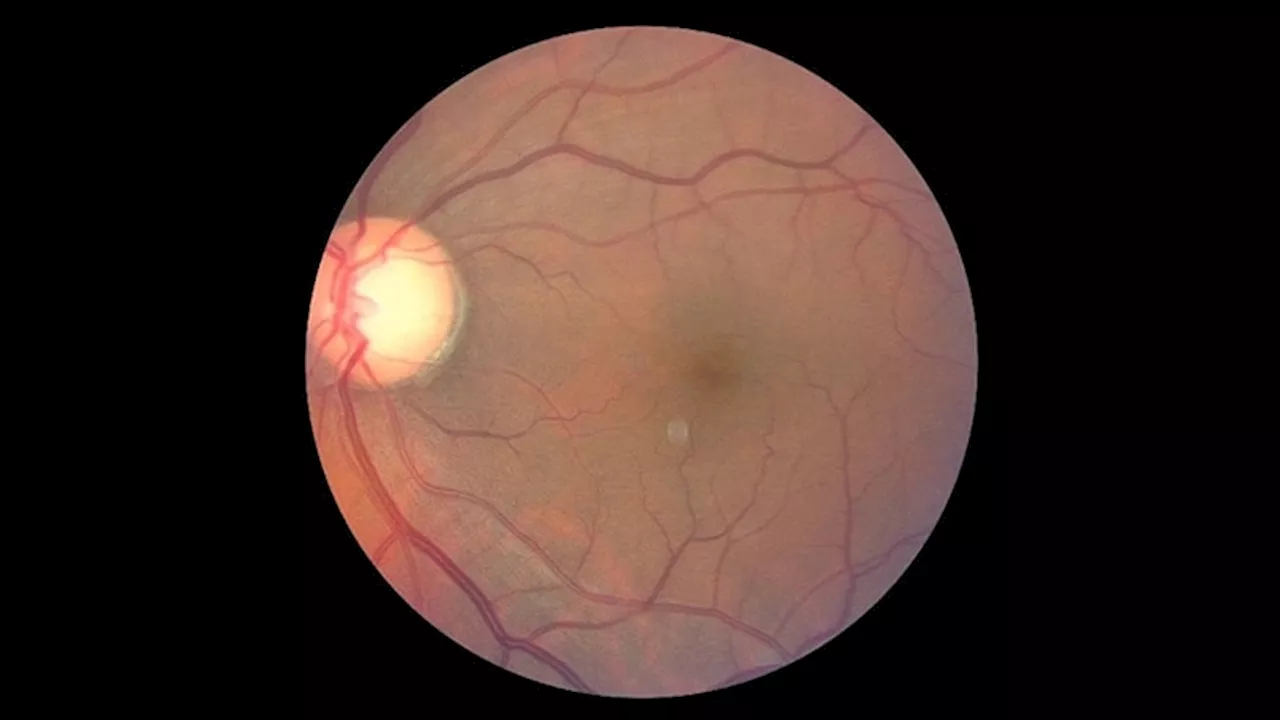 More Than 4 Million US Adults Had Glaucoma in 2022A meta-analysis found substantial demographic and geographic disparities in glaucoma burden in the United States.
More Than 4 Million US Adults Had Glaucoma in 2022A meta-analysis found substantial demographic and geographic disparities in glaucoma burden in the United States.
Read more »
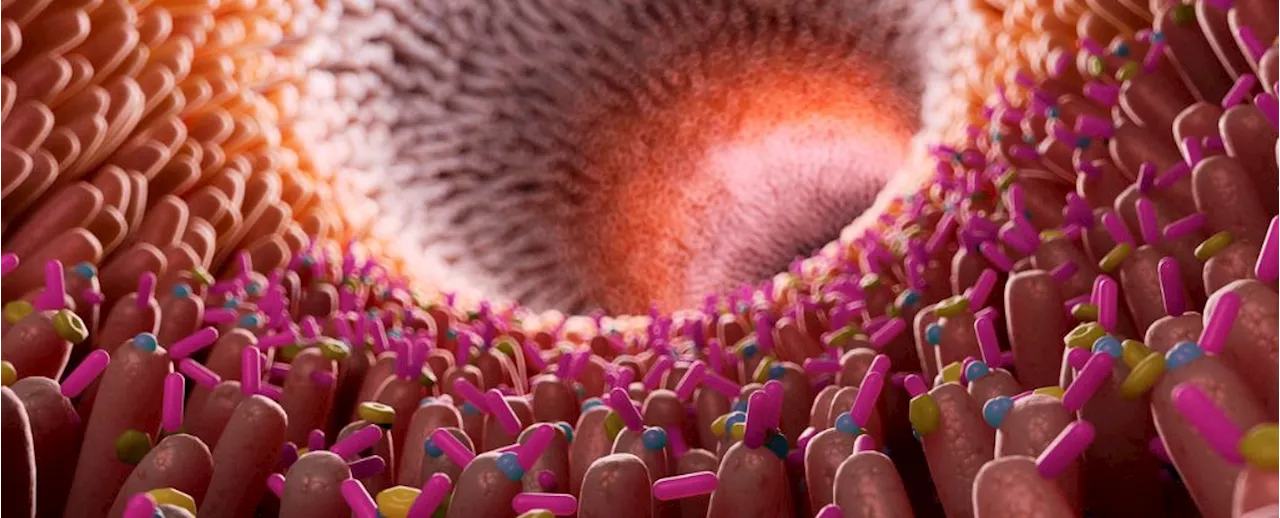 Gut Inflammation Link to Alzheimer's Disease Confirmed Yet AgainThe Best in Science News and Amazing Breakthroughs
Gut Inflammation Link to Alzheimer's Disease Confirmed Yet AgainThe Best in Science News and Amazing Breakthroughs
Read more »
 Clinical trial shows synthetic cannabis reduces agitation in Alzheimer's diseaseResearchers show that a pill form of the drug dronabinol, an FDA-approved synthetic version of marijuana's main ingredient, THC, reduces agitation in patients with Alzheimer's by an average of 30%.
Clinical trial shows synthetic cannabis reduces agitation in Alzheimer's diseaseResearchers show that a pill form of the drug dronabinol, an FDA-approved synthetic version of marijuana's main ingredient, THC, reduces agitation in patients with Alzheimer's by an average of 30%.
Read more »
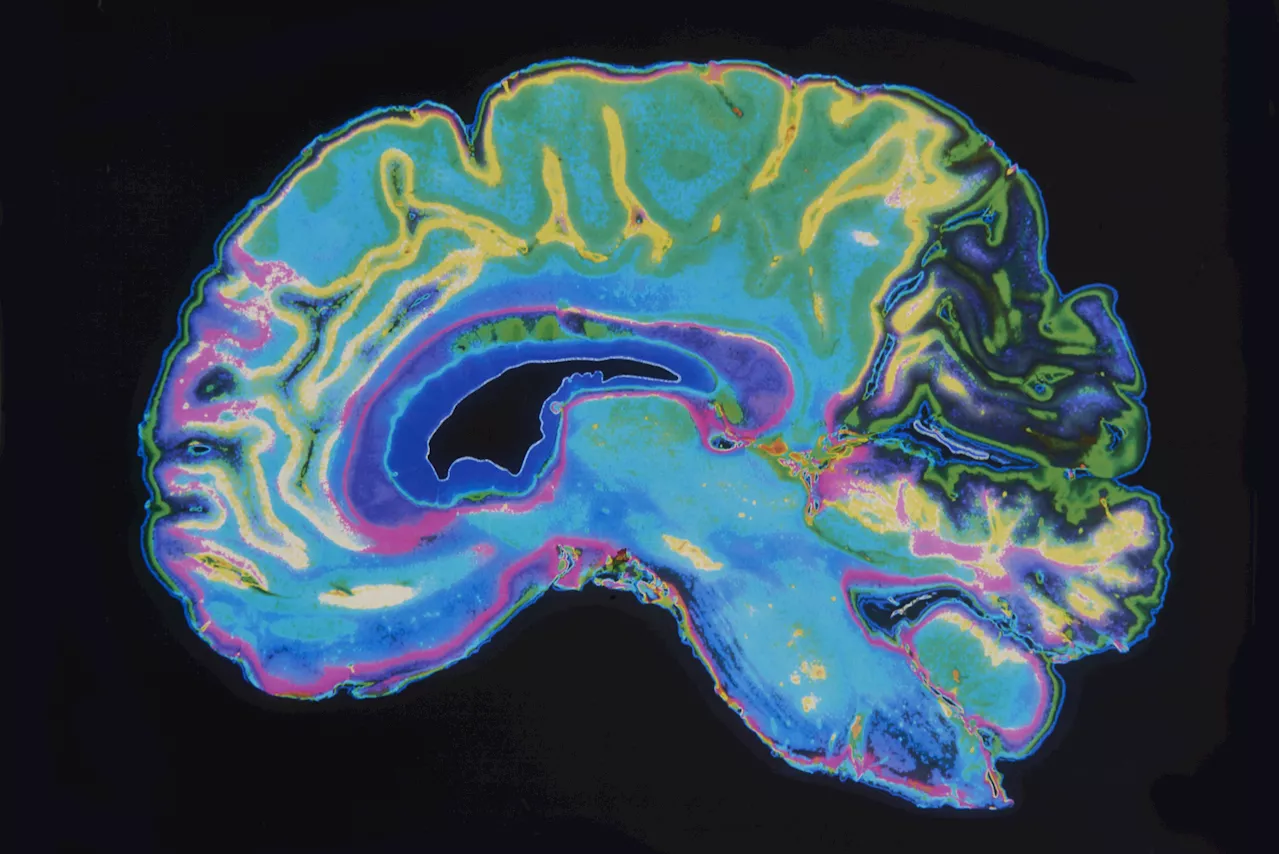 Neuroscientists Reveal New Alzheimer's 'Brain Maintenance' SkillResearchers have used advanced brain-imaging techniques to determine whether language skills physically alters the brain's structure.
Neuroscientists Reveal New Alzheimer's 'Brain Maintenance' SkillResearchers have used advanced brain-imaging techniques to determine whether language skills physically alters the brain's structure.
Read more »
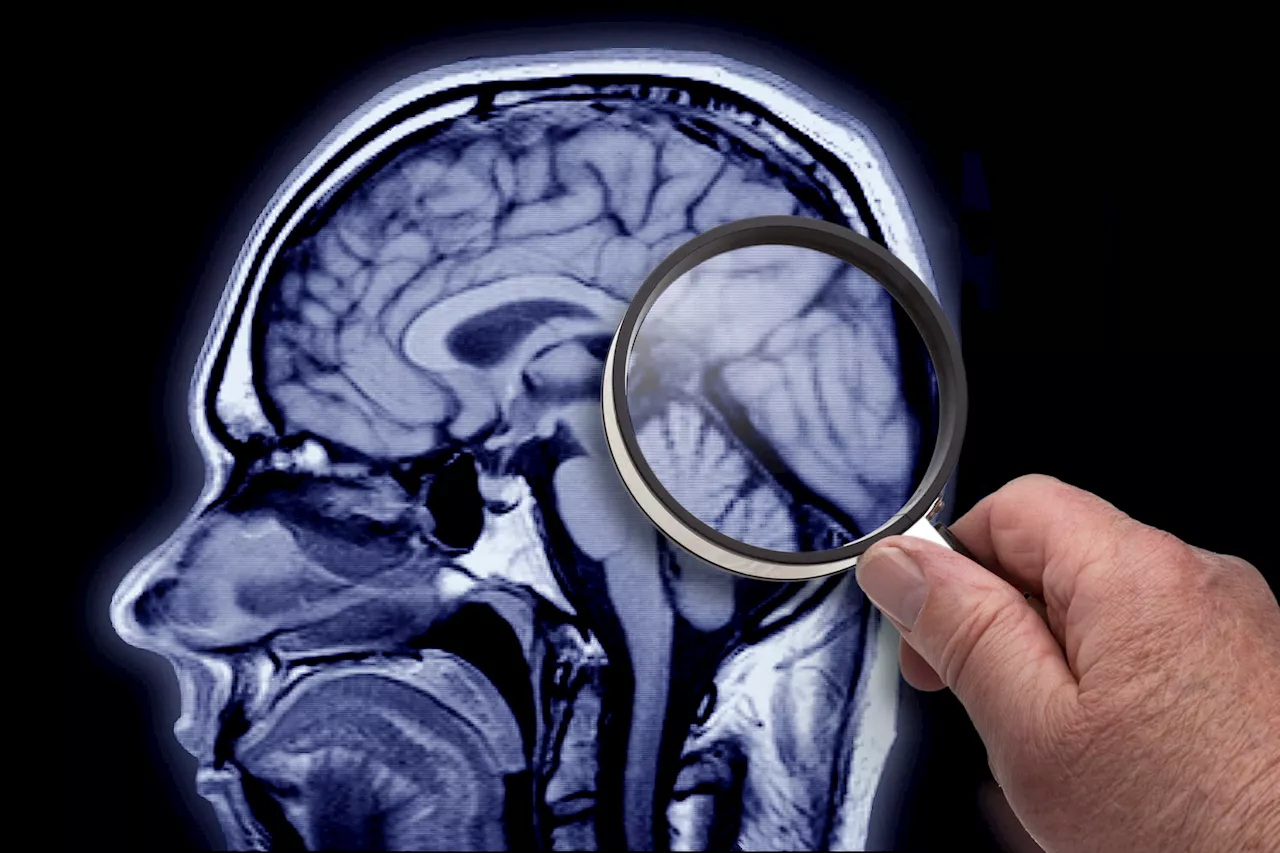 Clinical trials sparking hope for Alzheimer's patients: ‘Holding my own'A nationwide Alzheimer's clinical trial, BenfoTeam, is being locally administered by MedVadis, a partner of Boston Advanced Medicine based in Waltham.
Clinical trials sparking hope for Alzheimer's patients: ‘Holding my own'A nationwide Alzheimer's clinical trial, BenfoTeam, is being locally administered by MedVadis, a partner of Boston Advanced Medicine based in Waltham.
Read more »
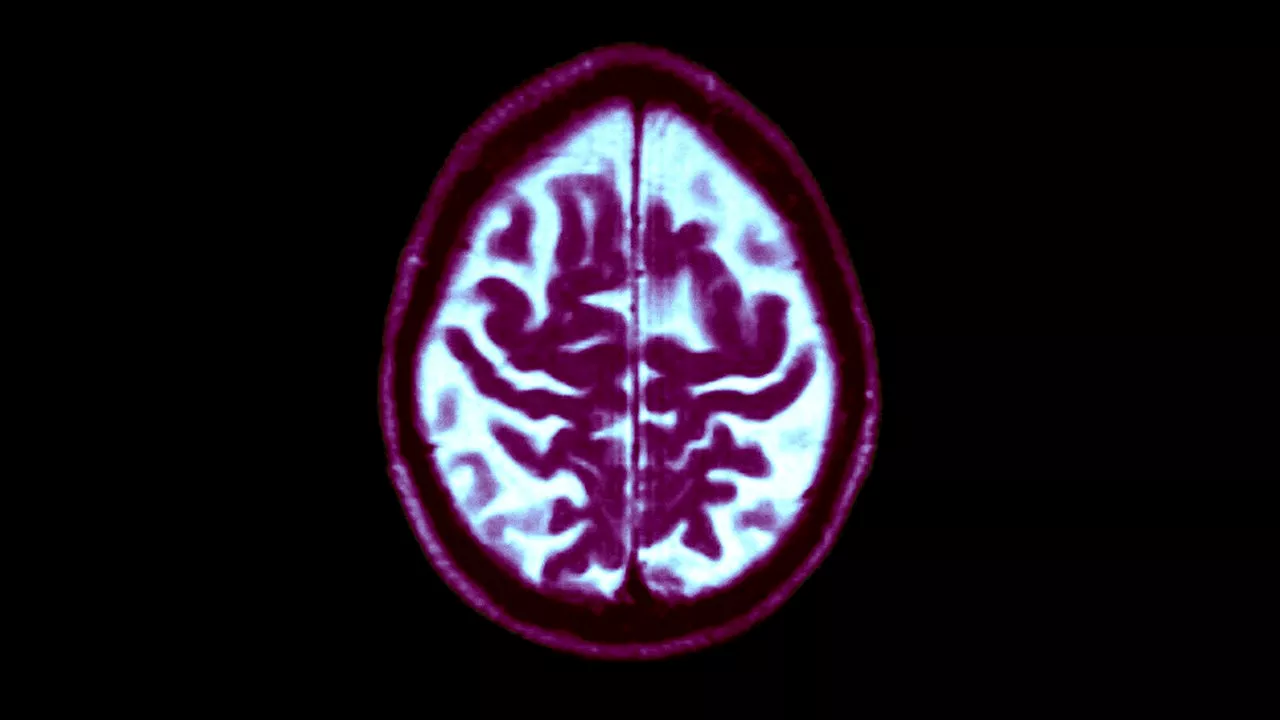 Alzheimer's study in Seattle makes new findings for future therapiesIn the heart of Seattle, some of the world’s most brilliant minds study the brain at the Allen Institute, where researchers have made new findings in the hunt for a cure for Alzheimer's.
Alzheimer's study in Seattle makes new findings for future therapiesIn the heart of Seattle, some of the world’s most brilliant minds study the brain at the Allen Institute, where researchers have made new findings in the hunt for a cure for Alzheimer's.
Read more »
